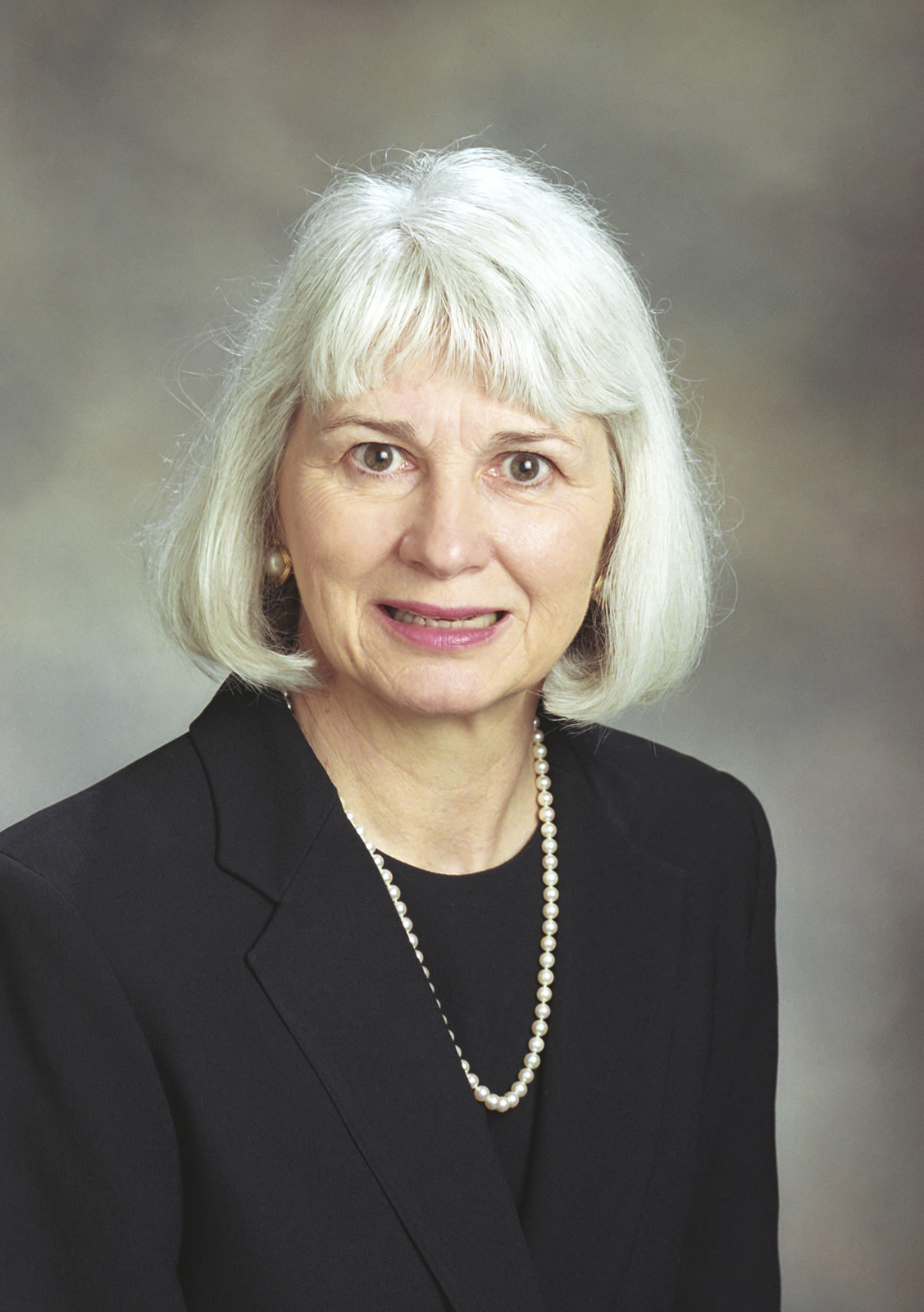Contact: Phil Hearn

Sandra Harpole
Mike Thomas believes students who want to compete successfully in today's global-economy workplace should supplement their academic experiences with some on-the-job training in a real-world environment.
"What better way to do this than by establishing partnerships--getting education into business and industry, and business and industry into the schools?" asks Thomas, a Mississippi Lignite Mining Co. manager.
"Internships in business and industry should be a requirement for teachers and school counselors," he asserts. "We must do a better job of providing the students with all of the skills necessary for a successful career."
That compelling interest recently led Thomas to join other business, community and educational leaders who are helping Mississippi State's Center for Science, Mathematics and Technology develop a national model for strengthening mutually beneficial ties between industry and education.
"Industry-Education Partnerships: A Model for the Teacher Professional Curriculum," the name of the university's planned five-year project, is funded by a grant of nearly $3.2 million from the National Science Foundation. Begun last spring and moving ahead at full steam, it is targeted for completion in spring 2009.
"We're going to look at projects and industries throughout the nation," said center director Sandra Harpole. "We're going to develop a national model that actually will show the importance of industry-education partnerships, and serve as a guide for sustaining them.
"We want, not only to increase the number of scientists and engineers in the workplace, but better prepare students to take advantage of job opportunities and help grow the economy," the physics professor added. "We want to help students make the connection between what they learn in the classroom and how it's used in the real world."
Colin Scanes, MSU's vice president for research and graduate studies, said the center, under Harpole's guidance, "has carved out a national leadership role in this very important research area of building partnerships between education and industry."
Thomas was among some 40 business and industry representatives and school teachers from across Mississippi and the Southeast who gathered last month at MSU's Center for Advanced Vehicular Systems. They participated in project work sessions conducted by the MSU Social Science Research Center's Decision Support Laboratory.
Utilizing networked laptop computers, Harpole and DSL-trained facilitator Georgia Hackney directed the daylong workshop, which was designed to determine the motivation and commitment of participants. Data collected using DSL will help identify necessary components of successful education/industry partnerships.
"Our community colleges and secondary schools have done an excellent job of delivering skills training to our students," said Thomas, manager of land, government and public affairs for Mississippi Lignite, which operates Red Hills Mine near Ackerman. "We must have an available workforce with strong work ethics and critical thinking, decision-making and problem-solving skills, and an ability to work well with others."
To develop an expanded industry-education model spanning the learning continuum, eight-member teams consisting of pre-service teachers, science-technology-mathematics teachers, administrators, guidance counselors, and two- and four-year college faculty members will partner with business and industrial leaders to create local "learning communities."
Four teams per year will participate in a three-week, industry-based summer workshop. Follow-up sessions will be held during the academic year.
"The program gives educators a look at our facilities and our work so they can prepare prospective students for our future workforce," said James Ivy, supervisor of training for Northrop Grumman Ship Systems, which operates the giant Pascagoula-based ship-building facility formerly known as Ingalls.
By the end of the project, 140 business/industry leaders and educators chosen from Mississippi and nationwide pools will have participated in a planned series of DSL sessions. Those events are designed to evaluate the value of the learning communities in maintaining meaningful collaborations; and determine how real-world, workplace experiences can be effectively incorporated into educational curricula.
Utilizing data from MSU's Industry-Education Partnerships program and similar programs nationwide, officials said the educational component will begin to provide a theoretical research base to guide future development of a "learning-science-by-doing-science" pedagogical paradigm.
According to Harpole--who, in addition to serving as the project's overall director, is interim associate vice president for research--the DSL "is the primary research unit that will be used to solicit, compile and analyze information from business/industry and educators." She said the MSU Social Science Research Center's DSL "represents state-of-the-art technology in facilitating group processes."
"It is essential for industrial leaders and educators to participate in programs of this nature to ensure that we build a strong competitive work force that can compete in today's global market," added Terry N. Kemp, general manager of customer service for the Tennessee Valley Authority's Mississippi District office in Starkville.
NEWS EDITORS/DIRECTORS: For more information, contact center research associate Lori Hill Kerley at (662) 325-2922.